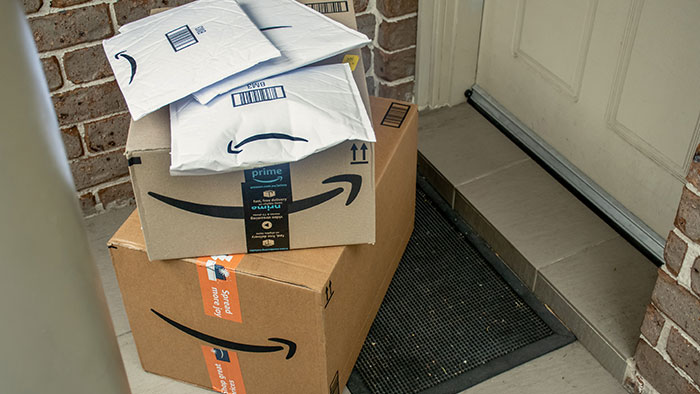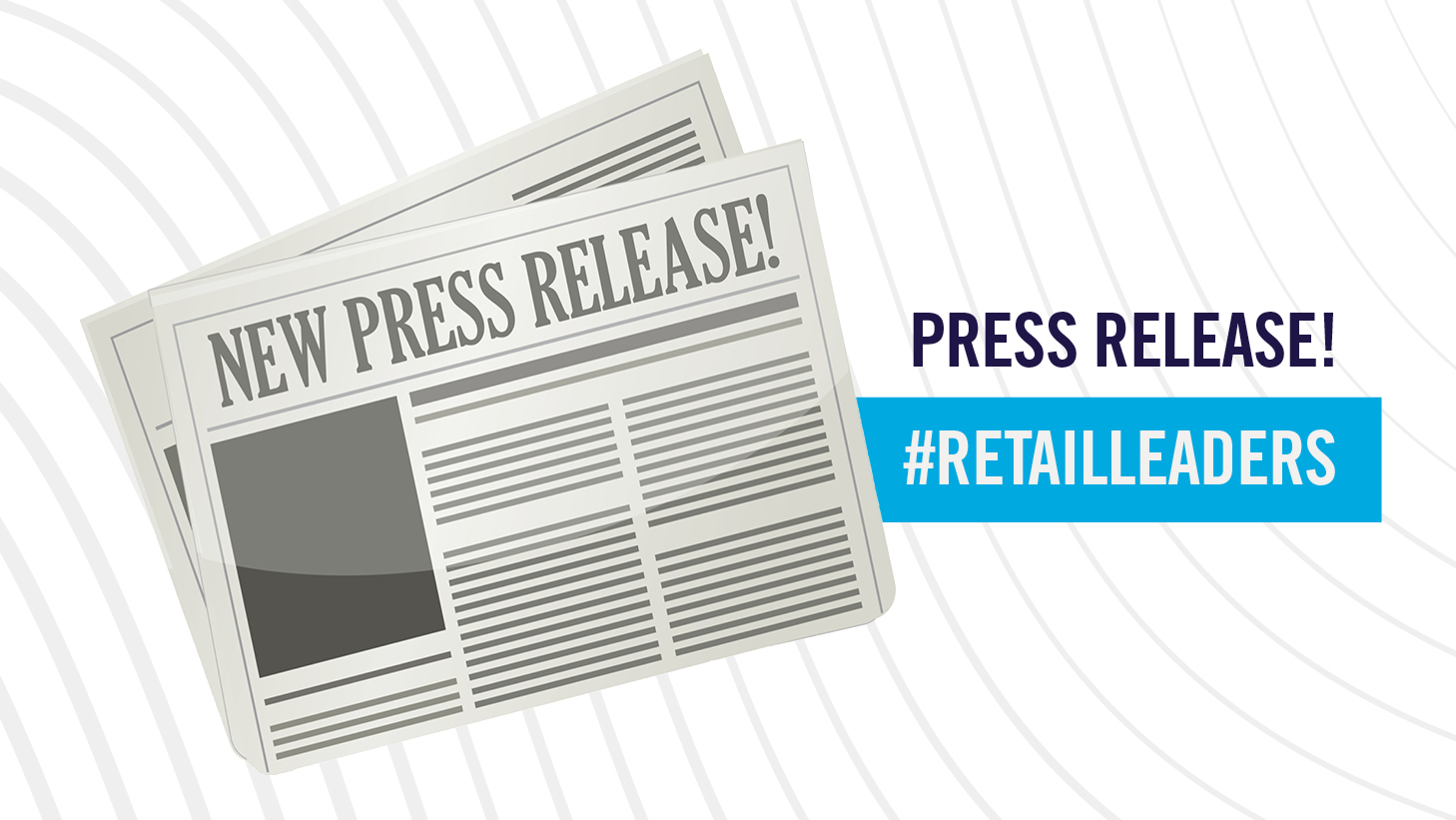Online Marketplaces at Heart of Chinese Counterfeit Scheme
Case points to need for Amazon accountability, INFORM Act
- By [ Jason Brewer ]
- 07/13/2022
Onur Aksoy ran at least 19 companies in New Jersey and Florida, along with 15 storefronts on Amazon’s third-party marketplace that sold tens of thousands of fraudulent Cisco devices from China and Hong Kong. Aksoy duped unsuspecting customers into believing the products were legitimate, and the operation amassed over $100 million in revenue.
According to the DOJ release, “the fraudulent and counterfeit products sold by the Pro Network Entities suffered from numerous performance, functionality, and safety problems. Often, they would simply fail or otherwise malfunction, causing significant damage to their users’ networks and operations. Customers of Aksoy’s fraudulent and counterfeit devices included hospitals, schools, government agencies, and the military.”

HOW DID THIS HAPPEN?
We know that large-scale criminal networks are setting up anonymous accounts on leading third-party marketplaces and selling dangerous, fraudulent, and stolen products. It’s why we need our laws to evolve to address the growing problem of Chinese counterfeits marketed on Amazon as legitimate products, along with stolen goods which are similarly marketed and sold on Amazon’s marketplace.This is a remarkable case, but its only ONE case. It has been well established that Amazon’s marketplace is rife with stolen and counterfeit consumer products, and its time for them to start answering hard questions:
- How long did Amazon know these accounts were selling knockoffs? How many times did the same criminal put up a new “storefront” after having one taken down?
- Were these counterfeit products housed in Amazon warehouses? Transported on Amazon trucks? What role did Amazon play in their fulfillment?
- Did Amazon allow these products to be sold to hospitals and government agencies after they had already removed at least one of the “storefronts”?
- Did any of these fraudulent companies pay Amazon to have their counterfeit products appear higher in search results than legitimate products?
- How much money did Amazon make on these sales as American consumers and governments were duped with fake goods?
TRANSPARENCY DESPERATELY NEEDED
Retailers are lobbying Congress to pass the INFORM Consumers Act which would require online marketplaces like Amazon to verify their high-volume, third-party sellers. Over 10 states have passed state-level legislation in the last year. It’s a big step in the right direction, as transparency will make it harder to sell illicit goods from behind screennames and bogus business accounts. But as we implement better transparency, we also need some accountability from marketplaces like Amazon. Policymakers, the media, and law enforcement need to start probing Amazon’s willful ignorance in these cases. If Amazon wont put its customers first, they need to be held accountable.
Tags
-
Asset Protection
-
Keeping Communities Safe
-
Organized Retail Crime
-
Public Policy






